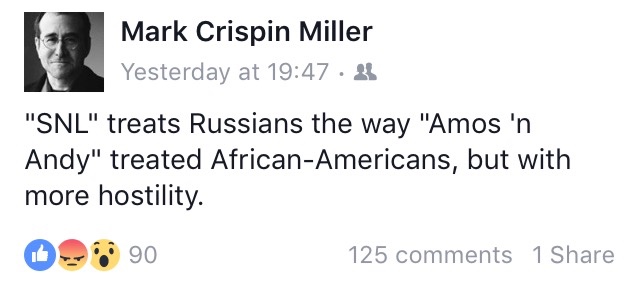The Way of The Warrior has been misunderstood as a means to kill and destroy others.
Those who seek competition are making a grave mistake.
To smash, injure or destroy is the worst sin a human being can commit.
The real Way of The Warrior is to prevent slaughter - it is the Art of Peace, the Power of Love.
MARTOK:
I have come for my son's d'k tahg.
Give it to me or I will take it from you.
WORF:
Now that you are here, I have no further need of it.
MARTOK:
You robbed my son of his honour just to get my attention?!
WORF:
You can't take away what someone does not have.
MARTOK:
Are you saying my son is without honour?
WORF:
I am saying your son is a coward and a liar.
MARTOK:
And what of his father?
WORF:
That remains to be seen.
MARTOK:
Tell me, what have I done to earn your disrespect?
WORF:
The misdeeds your troops have committed speak for themselves.
Attacking a Cardassian tailor.
Detaining and searching ships in neutral space without warning or provocation.
And you, executing one of your commanders because he refused to fire on a Federation ship,
MARTOK:
Whatever we have done is in the best interests of the Alpha Quadrant.
WORF:
You must think me a fool to make your lies so transparent.
MARTOK:
I do not wish to quarrel with you, Worf.
WORF:
Nor I with you. The House of Martok is an honoured one, with a proud tradition.
But I must know why you are here.
MARTOK:
I am here under the authority of Gowron himself.
I am carrying out his orders.
That should be all the explanation a Klingon warrior needs.
WORF:
You forget. I am not only a Klingon warrior, I am a Starfleet officer. And Starfleet deserves an explanation.
MARTOK:
They will get one soon enough. Until then, know this.
My mission will determine the fate of the Klingon Empire.
Interfere, and you risk destroying us all.

WORF:
Chancellor Gowron.
You wished to speak with me?
GOWRON:
Worf. Worf! It is good to see you. I always said that uniform would get you into trouble one day.
WORF:
It seems you were right. But I do not apologise for my actions
GOWRON:
Yes, yes. I know. you did what you thought was right.
And even though you may have made some enemies, I assure you I am not one of them.
WORF:
I am glad. Your friendship means much to me.
GOWRON:
And yours to me. It has been too long since you last fought at my side. But now the time has come again.
We will do great deeds in the coming days.
Deeds worthy of song.
WORF:
You want me to go to Cardassia with you?
GOWRON:
What better way to redeem yourself in the eyes of your people.
Come with me, Worf. Glory awaits you on Cardassia.
Worf, why do you stand there like a mute d'blok.
I have offered you a chance for glory. All you have to do is take it.
WORF:
If there's any glory to be won, Gowron, it'll have to be yours alone.
I cannot come with you.
GOWRON:
Of course you can. It is where you belong.
WORF:
I cannot abandon my post.
GOWRON:
You no longer have a post.
You have no place on that station, and no business wearing that uniform.
WORF:
I have sworn an Oath of Allegiance.
GOWRON:
To the Federation.
WORF:
You would have me break my word?
GOWRON:
Your word?
What good is your word when you give it to people who care nothing for honour, who refuse to lift a finger while Klingon warriors shed blood for their protection.
I tell you, they are without honour.
You do not owe them anything.
WORF:
It is not what I owe them that matters.
It is what I owe myself.
Worf, son of Mogh, does not break his word.
GOWRON:
And what of your debt to me? Are you saying you owe me nothing?
I gave you back your name, restored your house, gave your family a seat on the High Council. And this is how you repay me?
WORF:
It is true I owe you a great debt. I would give up my life for you.
But invading Cardassia is wrong, and I cannot support it.
GOWRON:
Worf, I have always considered you a friend and an ally.
And because you are my friend, I am giving you this one last chance to redeem yourself.
Come with me.
WORF:
I cannot.
GOWRON:
Think about what you are doing.
If you turn your back on me now, for as long as I live, you will not be welcome anywhere in the Klingon Empire.
Your family will be removed from the High Council, your lands seized, and your House stripped of its titles.
You will have nothing.
WORF:
Except my honour.
GOWRON:
So be it.

































